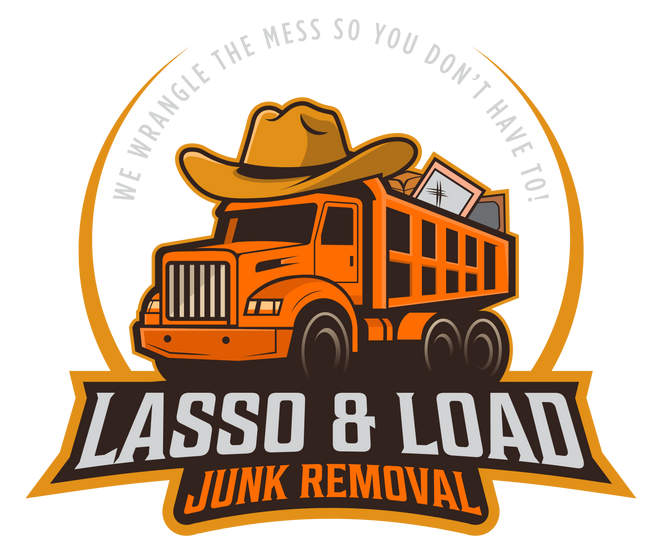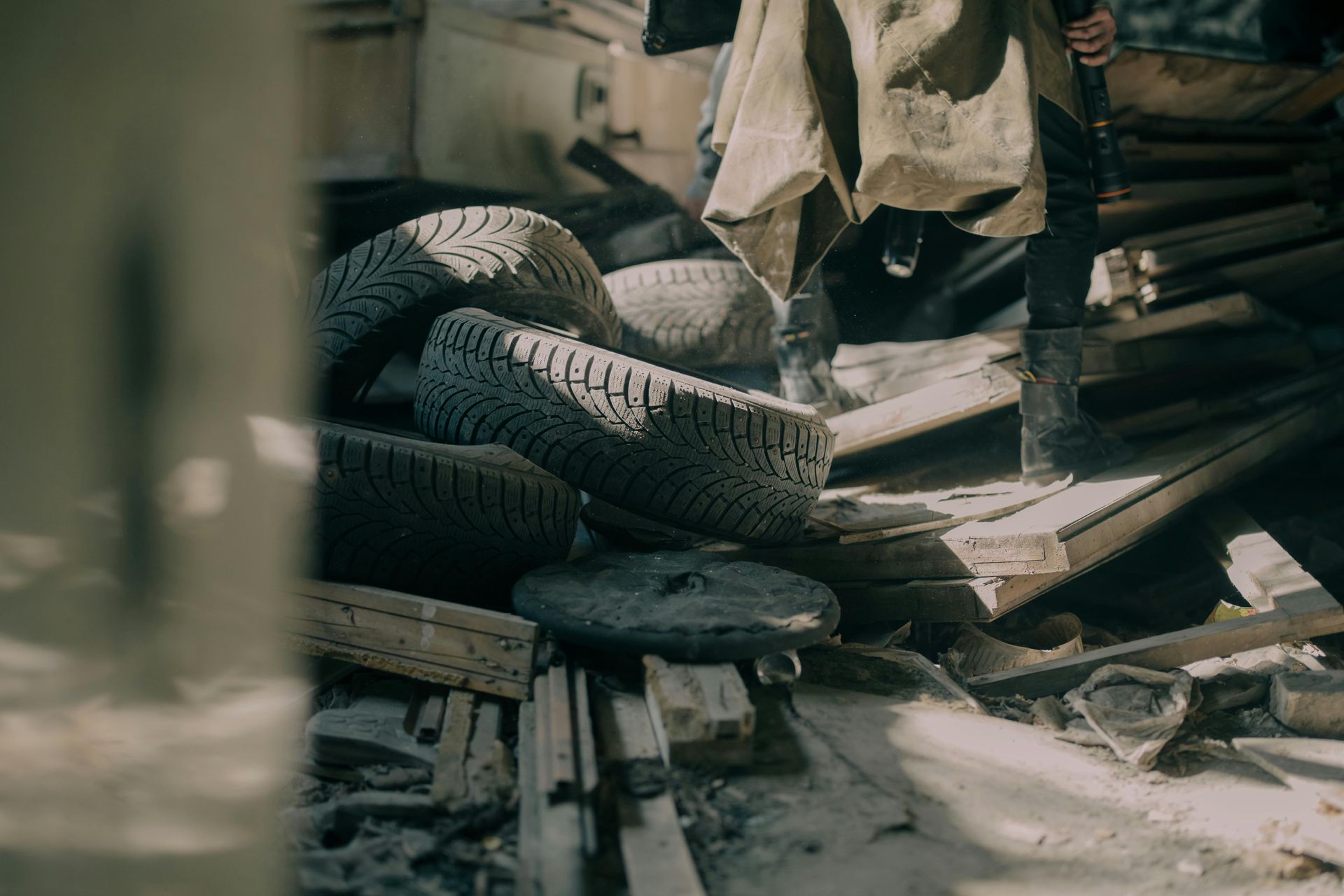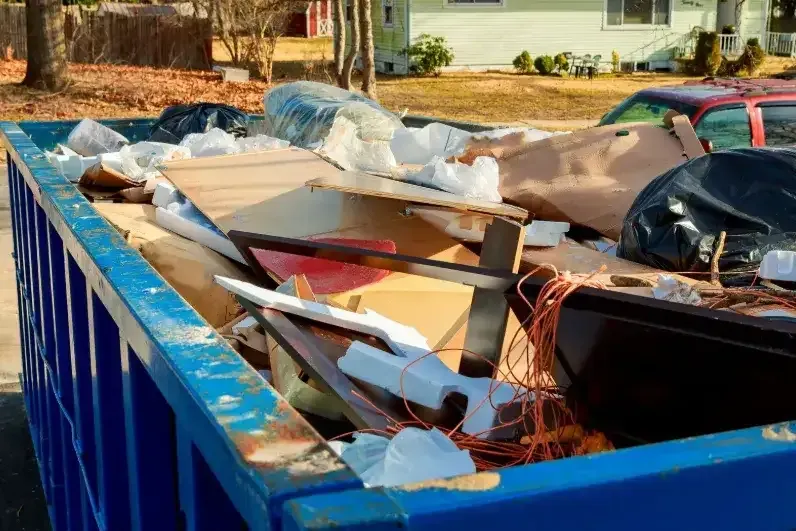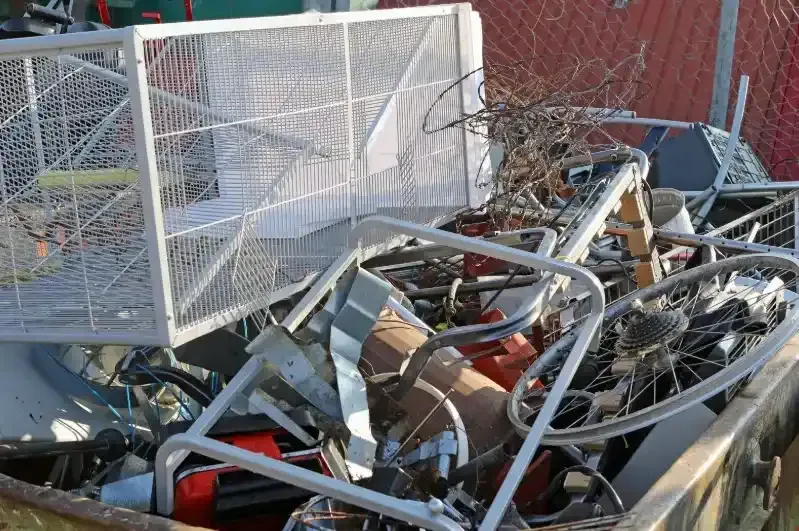Tips for Managing Waste During a Demolition Project
Demolition projects, whether for residential or commercial properties, inevitably produce a significant amount of waste. This waste can range from common materials like concrete, wood, metal, and glass to potentially hazardous substances such as asbestos or lead-based paint. Proper waste management during demolition is crucial not only to maintain a clean and organized work site but also to ensure compliance with local regulations that govern the disposal of construction debris.
Managing waste effectively is key to minimizing environmental impact, reducing project costs, and ensuring the safety of workers and surrounding areas. By adhering to best practices for waste disposal and recycling, you can contribute to sustainability and avoid potential fines or delays. In this article, we will explore a range of strategies to help you manage waste during a demolition project, covering everything from sorting materials for recycling to working with professional waste removal services to ensure safe and efficient disposal.
Plan Ahead for Waste Disposal
Before diving into any demolition project, having a clear waste management plan is essential. One of the first steps in this process is thoroughly assessing the materials you expect to remove and categorizing them accordingly. Materials like concrete, metals, and wood often require different disposal methods. Some items may be recyclable, while others may need special handling or professional disposal. For instance, metals like aluminum and steel can usually be recycled, while concrete may be crushed and reused in construction projects. Identifying these materials early on allows you to choose the appropriate disposal option, such as sending them to recycling centers or specialty disposal sites.
Furthermore, the size of the project will play a significant role in planning. A large-scale demolition may necessitate renting a dumpster or roll-off container, whereas a smaller job might only require a few bins. By planning in advance, you can avoid delays and ensure that the project remains organized, compliant, and efficient.
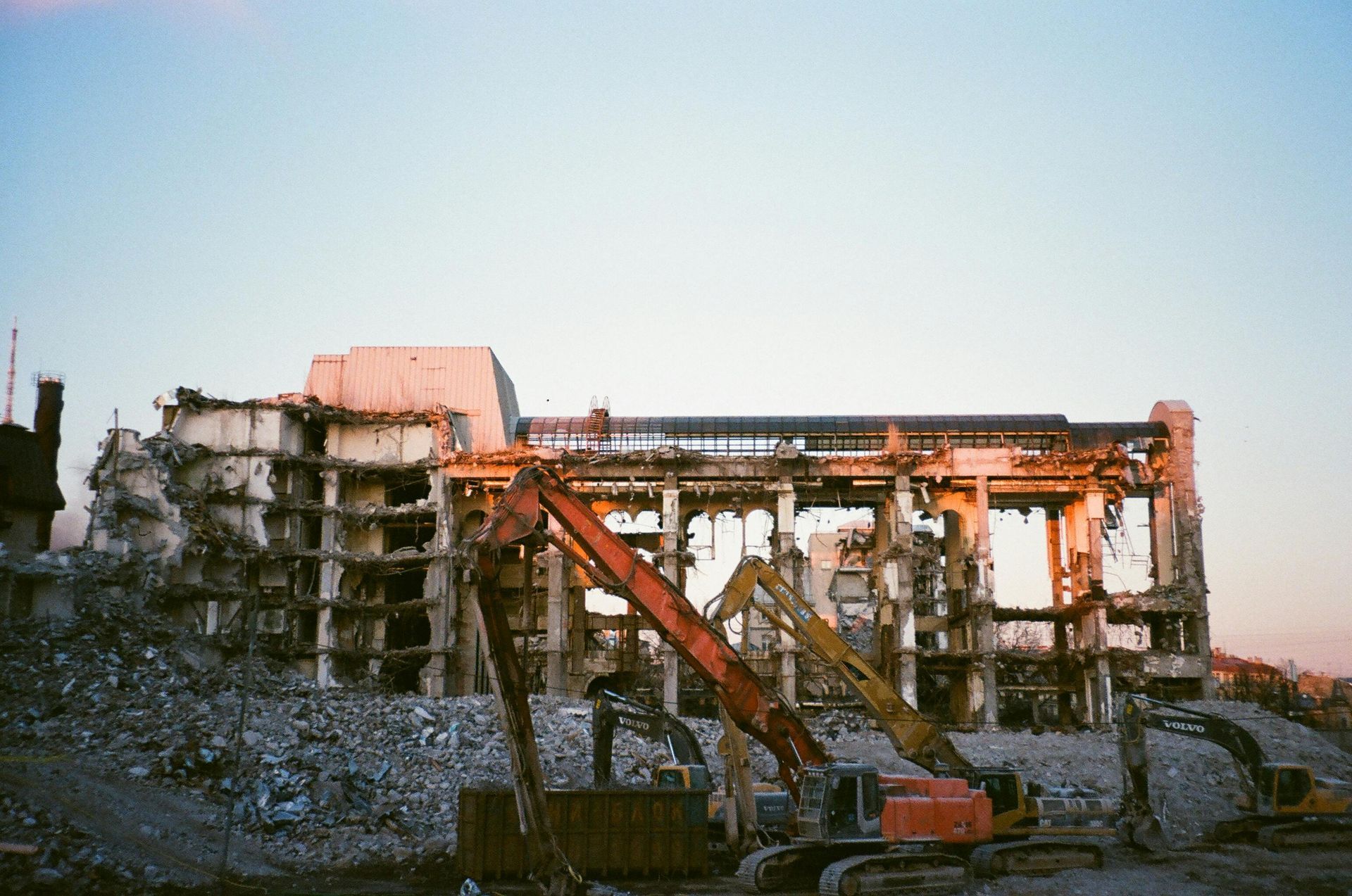
Sort Waste Materials During Demolition
Sorting waste materials on-site during a demolition project is one of the most efficient ways to streamline the disposal process. Demolition sites typically involve a variety of materials, such as concrete, metal, wood, brick, and glass, all of which need different handling and disposal methods. Sorting these materials as you go ensures that recyclable items, such as metals, can be sent to the appropriate recycling center, reducing the environmental impact of the demolition.
Concrete, for example, can be crushed and repurposed for new construction, while metal like steel or copper is often worth recycling for its value. Early sorting helps minimize the costs and time delays associated with mixed waste disposal. Additionally, by separating waste on-site, you contribute to reducing the amount of construction debris that ends up in landfills, supporting sustainability and the recycling industry. This practice also aligns with environmental regulations, making it a responsible choice for any demolition project.
Use Specialized Disposal for Hazardous Waste
Certain materials in demolition projects require special handling due to their hazardous nature. Materials such as asbestos, lead-based paint, certain chemicals, and even some forms of old insulation can pose serious risks to both human health and the environment. To safely handle hazardous waste, it’s crucial to comply with local, state, and federal regulations, as improper disposal can lead to significant fines, health issues, and environmental contamination.
When dealing with hazardous materials, it’s best to hire professionals who specialize in their removal. These experts are trained to safely handle, remove, and dispose of dangerous substances, equipped with the necessary protective gear to mitigate exposure. Attempting to handle hazardous waste without the right knowledge and training can lead to serious legal and health consequences. Ensure that you clearly identify any hazardous materials before starting the demolition and take the proper steps to dispose of them safely through licensed disposal services or facilities.
Work with a Reliable Waste Disposal Service
Having a reliable waste disposal service during a demolition project can significantly enhance the efficiency and safety of the entire process. A professional junk removal service brings not only the necessary equipment, such as roll-off containers and dumpsters but also the expertise required to handle the waste generated by the demolition. These services can guide you on how to segregate and dispose of materials such as construction debris, hazardous materials, and recyclable items.
Many waste disposal services also offer eco-friendly disposal options, helping you reduce your environmental footprint and stay compliant with local regulations. These experts understand the intricacies of proper waste disposal and are knowledgeable about the rules surrounding hazardous materials, recycling, and landfill diversion. Choosing a professional waste disposal service ensures that your project remains on schedule, avoids potential fines, and adheres to sustainability goals, making it a vital part of any successful demolition project.
Consider Deconstruction Over Demolition
While demolition is often the quickest way to clear a structure, it’s not always the most sustainable. If your goal is to minimize waste and contribute to sustainability, consider deconstruction instead of outright demolition. Deconstruction involves carefully dismantling a building or structure piece by piece, allowing reusable materials like doors, windows, and fixtures to be salvaged and repurposed.
This method can significantly reduce the amount of waste sent to landfills. It also opens up the possibility of donating or selling salvaged materials, which can benefit your community or help reduce costs for future construction projects. If you’re working on a project with a focus on sustainability, deconstruction is a valuable option to explore.
Comply with Local Regulations
Demolition projects are heavily regulated, particularly when it comes to waste management. Local municipalities have specific rules regarding waste disposal, especially when it comes to hazardous materials or large-scale projects. Before starting your demolition, it’s important to research and understand these regulations. Some areas may require permits for waste disposal or specific methods for handling hazardous materials.
Non-compliance with these regulations can result in fines or delays, so be sure to stay informed. Additionally, consider contacting your local waste disposal facilities to find out their requirements for the types of materials you plan to dispose of, as some may have restrictions or guidelines that can help you streamline the disposal process.
Recycling as a Priority
One of the most effective ways to manage waste during a demolition project is by prioritizing recycling. As we’ve mentioned, many materials used in construction, such as metal, wood, and concrete, can be recycled and reused. Recycling not only reduces the environmental impact of demolition waste but also provides a cost-effective way to deal with excess materials. For example, metal scrap can be sold for a profit, while crushed concrete can be repurposed as aggregate for new construction. Working with a demolition contractor or waste management service that prioritizes recycling can help you ensure that as much material as possible is kept out of landfills.
Use the Right Equipment for Waste Removal
The efficiency of your demolition project will depend not only on the planning and sorting of waste materials but also on the equipment you use to remove and transport them. Large-scale demolitions require heavy-duty equipment, such as excavators, skid steers, and trucks to haul away debris.
Smaller jobs may require fewer machines, but it’s essential to choose the right equipment for the scale of the project. Using inadequate equipment can slow down the process and lead to costly delays. When working with a waste removal service, ask about the types of equipment they use and whether it’s suited to the size of your project.
Incorporate a Waste Audit
A waste audit is an essential step in ensuring that waste is properly managed and disposed of during a demolition project. This process involves evaluating the amount and type of waste produced, determining where it will be disposed of, and establishing a strategy for recycling or reusing materials.
Conducting a waste audit before, during, and after the project helps you track how much waste has been diverted from landfills and ensure that disposal costs are kept within budget. This audit can also be beneficial for demonstrating the environmental impact of the project, which may be required for sustainability certifications or permits.
Minimize Waste Through Efficient Practices
Lastly, the key to managing waste during demolition is to minimize it as much as possible. This can be done by adopting efficient demolition techniques that reduce the amount of debris created. For example, precision demolition, which focuses on carefully dismantling a structure rather than using explosive or mechanical methods, can result in less waste. Additionally, rethinking the design of the demolition process can help reduce the need for excessive waste.
By taking a proactive approach to minimize waste generation, you can reduce the overall impact of your demolition project on the environment and keep disposal costs under control.
Conclusion
Managing waste during a demolition project is an essential responsibility that demands careful planning, proper equipment, and a strong commitment to environmental responsibility. Effective waste management can be achieved by sorting materials, utilizing recycling programs, and considering deconstruction methods that minimize waste. By implementing these strategies, you can significantly reduce the environmental impact and ensure that your project complies with local regulations. Professional waste removal services can play a crucial role in making this process more efficient, offering the necessary expertise and resources to handle everything from sorting and recycling to the safe disposal of hazardous materials.
For those undertaking a demolition project in Gwinnett Co, Lasso & Load Junk Removal is a trusted partner. Their team is fully equipped to manage all aspects of demolition waste removal, ensuring that waste is efficiently sorted, recycled, and disposed of properly. Whether you need help with general debris or hazardous material disposal, Lasso & Load Junk Removal is ready to assist. For reliable and environmentally responsible waste management services, contact Lasso & Load Junk Removal at 404-227-2017 or email Lauren.renwickk@gmail.com today.
